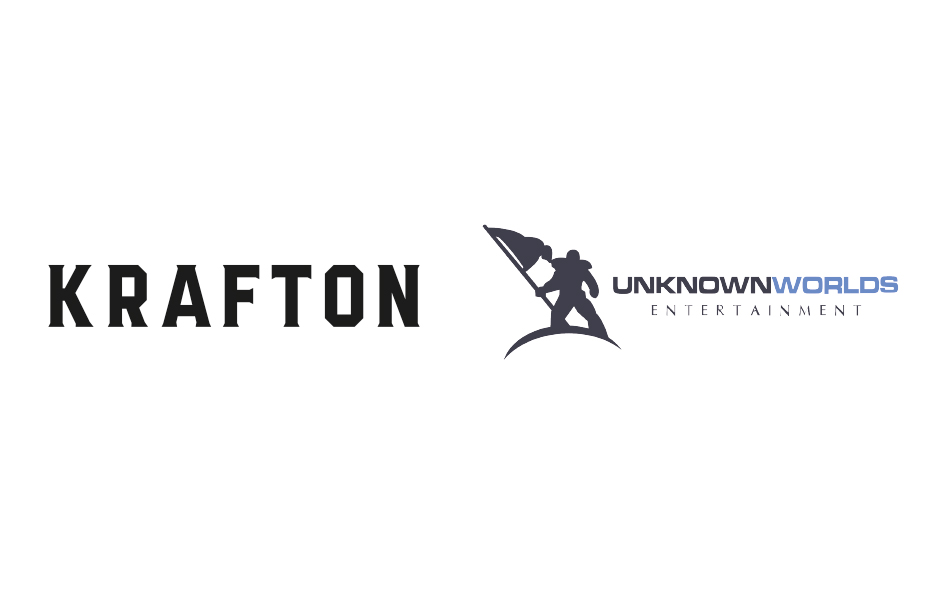It’s been a short time since the South Korean publisher Krafton decided to save Tango Gameworks, acquiring the studio in August after Microsoft decided to shutter it just a few months prior. While Krafton has acquired Tango Gameworks, the only IP they acquired along with it was Hi-Fi Rush, which happened to be a BAFTA-winning rhythm game that reached three million players. The decision to shutter Tango Gameworks came as a huge surprise to many, especially after making a game as successful as Hi-Fi Rush. Tango Gameworks is also responsible for The Evil Within and Ghostwire: Tokyo, but unfortunately, those IPs were not acquired by Krafton.
Krafton now has a dozen studios under its belt, which includes Bluehole Studio, Neon Giant, PUBG Studios and now, Tango Gameworks as it’s 13th acquisition. However, they aren’t planning to stop there with acquisitions, and want to continue to expand their library.
In a discussion with GamesIndustry.biz, Maria Park, the head of Corporate Development over at Krafton it was explained how the acquisition came to be and what it meant for Krafton as well as for Tango Gameworks. Park explains that in an attempt to diversify their portfolio, they have met with 200 to 300 studios in the last quarter alone in an attempt to find new developers to invest in. As a result, this led to the acquisition of Tango Gameworks, where they immediately flew over to Tokyo to meet with Tango.
While with most acquisitions, a lot of the staff are either axed or left of their own free will, Krafton has made efforts to keep on as many of the pre-existing staff from the company as possible. Out of 100 Tango employees, at least 70 to 80 are moving over to work at Krafton, with some of the positions being backfilled. However, they expect that the numbers will end up at around 100 by the end of the year or the beginning of 2025.
In the interview, it’s stated that Tango was already working on Hi-Fi Rush 2 by the time Krafton started talking with them. When it came to getting the IP from Microsoft, they were surprised that they were lucky enough to obtain it. “We spoke with Phil Spencer directly, and we have their direct support. He has been incredibly accommodating to the needs of the Tango team.”
Park states that they have been doing thorough research into the Japanese market for a year. “It was hard to find small to medium-sized studios who are in pursuit of their own titles. a lot of them were work-for-hire studios. This was one of the rare opportunities.”
As a result, acquiring Tango is the first significant investment in the Japanese video game market, and they are making sure to be cautious. “We’ll continue to pursue opportunities in the Japanese market for sure, but it’s not like we’ll be actively investing in a high number of studios over a short period. Yes, there’ll be more to come for sure.”
While the acquisition has taken a while, most of the team from Tango was onboarded in early August, and Krafton were talking to Microsoft once or twice a week during August to make sure that the acquisition went smoothly.
Products mentioned in this post

